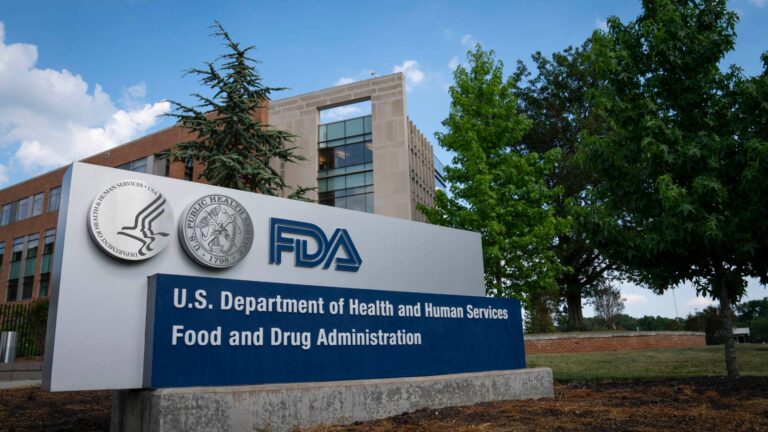Jan. 17, 2022 – A common theme among the enforcement letters issued by the FDA’s Office of Prescription Drug Promotion (OPDP) is the manner in which a drug’s promotional materials present product benefits while omitting product risk information. In its final Untitled Letter of 2021 to Eli Lilly, OPDP repeated this message, but the company’s response – stating that the two ads cited by OPDP were meant to be seen as a complete sequence with a component that includes indication and risk information for Lilly’s EMGALITY®, seems to have resolved the issue.
In a Dec. 13, 2021, Untitled Letter, OPDP cited Lilly for two distinct direct-to-consumer TV ads for the migraine treatment Emgality because they made “false or misleading claims and/or representations about the risks associated with Emgality and omit other material facts.” OPDP also stated that the ads were not submitted under Form FDA-2253 at the time of dissemination, as required.
After reviewing a Dec. 21, 2021, response from Lilly – as well as “the actions taken” by Lilly upon receipt of the Untitled Letter, “OPDP believes that the concerns contained in the [letter] have been addressed.”
In a Jan. 12, 2022, closeout letter, OPDP explains that the clarifying information provided by Lilly states that the two ads cited by OPDP were intended to be displayed “as part of a ‘complete TV broadcast’” consisting of three components:
- Component 1 includes disease state information about migraines;
- Component 2 is a reminder ad for Emgality; and
- Component 3 is a full product TV segment for Emgality (including indication and risk information).
According to Lilly, these three components were intended to be aired on broadcast television “together in immediate, sequential fashion,” although this complete package was not submitted to OPDP, which Lilly acknowledged in its response; the company submitted components 2 and 3 to OPDP independent of each other and concedes that “neither submission referenced coordination with any other communication.” Further, component 3 “did not indicate that the full product TV ad was to be disseminated with or as part of any coordinated, sequentially broadcast communications,” OPDP states.
In the wake of the Untitled Letter, and in tandem with its explanation and clarification, Lilly has stopped using the “complete TV broadcasts” which included the TV ads cited in the Untitled Letter, and had the ads removed from its website. “Therefore, OPDP believes that the concerns contained in the Untitled Letter have been addressed, and we consider this matter closed.”
However, OPDP did reiterate that the company is responsible for compliance with FDA requirements and for submitting a copy of any promotional communication “in its entirety” at the time of initial dissemination.
In 2021, OPDP issued two Warning Letters and four Untitled Letters, compared to four Warning Letters and two Untitled Letters in 2020. Pre-pandemic enforcement numbers were only slightly higher; in 2019, OPDP sent five Warning Letters and seven Untitled Letters.




